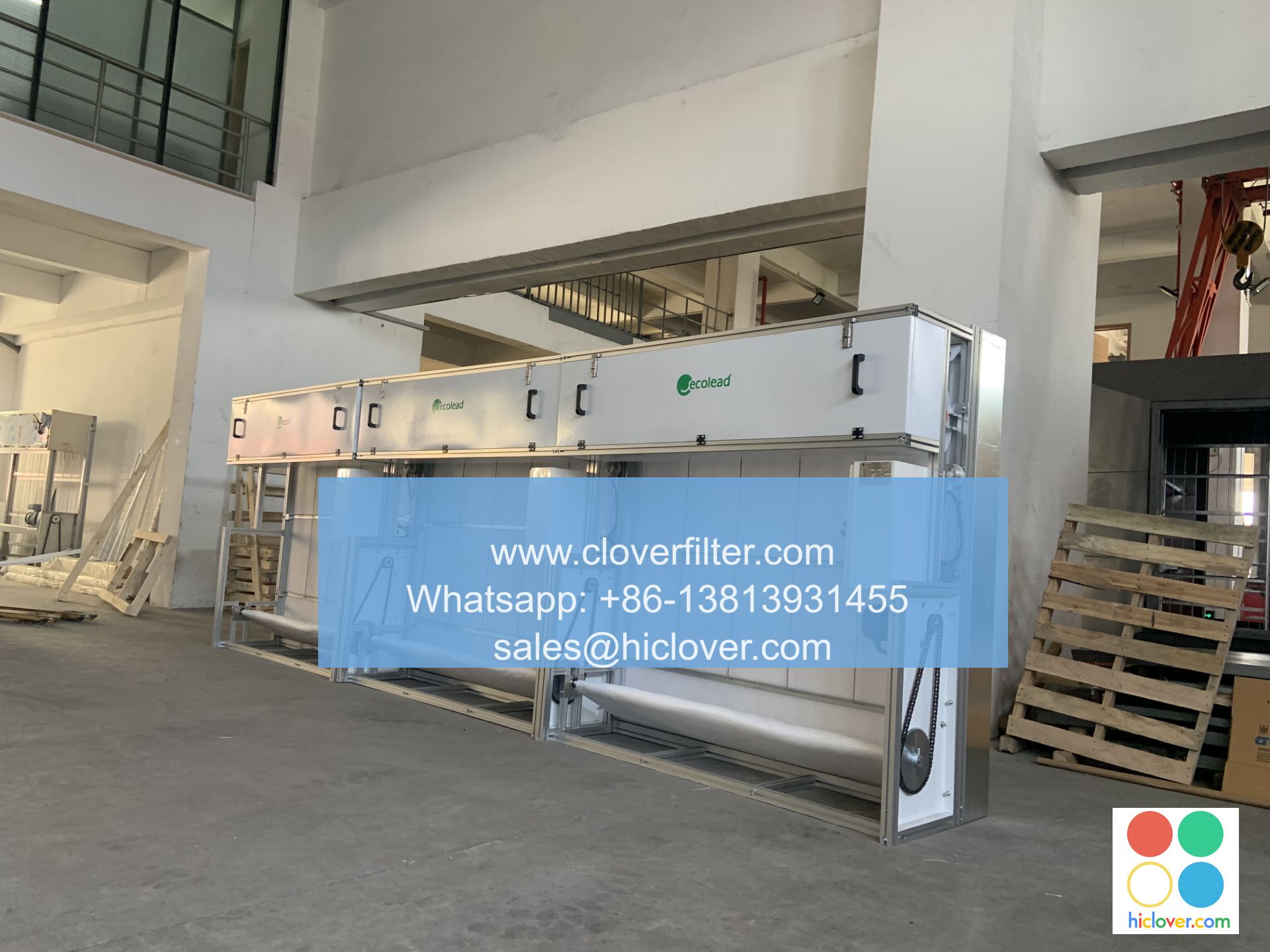How to Choose the Right Energy-Efficient Air Filter for Your Home Studio

Energy-Efficient Air Filters for Your Home Studio: A Guide to Choosing the Right One
As a home studio owner, you understand the importance of maintaining a comfortable and healthy working environment. One crucial aspect of achieving this is ensuring that your studio is well-ventilated and free from pollutants. Energy-efficient air filters play a vital role in achieving this goal. In this article, we will explore the key factors to consider when choosing the right energy-efficient air filter for your home studio.
Understanding Energy-Efficient Air Filters
Energy-efficient air filters are designed to provide superior air quality while minimizing energy consumption. They are typically made from advanced materials that capture pollutants and allergens more effectively, reducing the need for frequent filter replacements. Some common types of energy-efficient air filters include:
- HEPA (High Efficiency Particulate Air) filters: Designed to capture 99.97% of particles as small as 0.3 microns, HEPA filters are ideal for studios that require high air quality.
- Activated Carbon filters: Effective at removing gases, odors, and volatile organic compounds (VOCs), activated carbon filters are suitable for studios that handle chemicals or emit strong odors.
- Electrostatic filters: Using static electricity to attract and capture pollutants, electrostatic filters are a popular choice for studios with limited space.
Key Considerations for Choosing the Right Energy-Efficient Air Filter
When selecting an energy-efficient air filter for your home studio, consider the following factors:
- Airflow: Ensure the filter is designed to handle the airflow requirements of your studio. A filter that is too restrictive can reduce airflow, leading to decreased air quality.
- Filter Size: Choose a filter that is the correct size for your studio’s air handling unit (AHU) or ductwork.
- Filter MERV Rating: The MERV (Minimum Efficiency Reporting Value) rating measures a filter’s ability to capture pollutants. A higher MERV rating indicates better air quality.
- Filter Lifespan: Consider the filter’s lifespan and replacement schedule to minimize downtime and maintenance costs.
- Noise Level: If your studio requires a quiet environment, look for filters with low noise levels.
Application Areas for Energy-Efficient Air Filters in Home Studios
Energy-efficient air filters are essential in various areas of your home studio, including:
- Recording Booths: Ensure accurate sound reproduction by maintaining a clean and quiet environment.
- Editing Suites: Protect your equipment and personnel from dust and pollutants.
- Music Rooms: Create a comfortable and healthy environment for musicians and producers.
- Post-Production Rooms: Maintain air quality and reduce noise levels to minimize distractions.
Choosing the right energy-efficient air filter for your home studio requires careful consideration of various factors. By understanding the different types of filters available and their applications, you can ensure a comfortable, healthy, and productive working environment. Remember to prioritize airflow, filter size, MERV rating, filter lifespan, and noise level when selecting the perfect filter for your home studio.
I’m happy to help! What would you like to talk about or ask?


